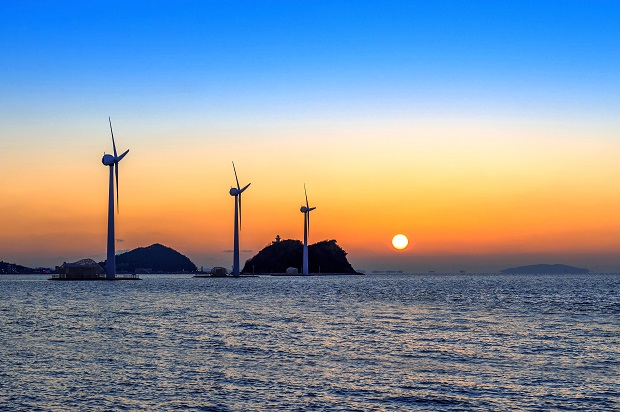Japan is inviting developers for two offshore wind projects, one situated in the Sea of Japan off Aomori prefecture, and the other off the coast of Yusa town in Yamagata prefecture, as announced by the Ministry of Land, Infrastructure, Transport, and Tourism. To this end, Japan is inviting tenders for the same.
It may be noted that the tender is a part of Japan’s third offshore wind tender, where interested developers can submit proposals until July 19, with the winners set to be revealed in December.
These two areas were earmarked for offshore wind park development in October, and the release of the tender follows a period of public comments from November 17, 2023, to December 17, 2023. This was aimed at establishing guidelines for the public recruitment of entities to undertake offshore wind power generation projects in these specified locations.
Japan’s offshore wind sector has seen notable advancements in recent months. In December, the Japanese government selected three consortia to implement 1.4 GW of projects in its second offshore wind tender. Later, at the beginning of 2024, Japan celebrated the inauguration of its largest commercial wind park, the 112-MW Ishikari Bay New Port offshore wind farm.
Furthermore, Japan has been advancing its wind energy plans in a bid to boost its renewable energy capacity and reduce dependence on traditional power sources. The nation aims to significantly increase the share of renewable energy in its overall energy mix, with offshore wind playing a crucial role in achieving this goal.
In addition to the ongoing offshore wind tenders, Japan has outlined ambitious targets for expanding its offshore wind capacity. The government has set a target of achieving 10 GW of offshore wind capacity by 2030, showcasing a strong commitment to scaling up clean energy infrastructure. This follows the announcement of a Basic Energy Plan in 2018, which highlighted the importance of renewable energy sources, including offshore wind, in Japan’s energy landscape.
To support the growth of the offshore wind industry, Japan has implemented measures to streamline the regulatory approval process and facilitate the development of projects. The country has also been actively engaging in international collaborations to leverage expertise and technology in offshore wind development.
Furthermore, Japan’s efforts extend beyond individual projects to foster a comprehensive ecosystem for the offshore wind sector. This includes research and development initiatives, collaboration with industry stakeholders, and the establishment of frameworks for efficient project financing.These developments not only contribute to the country’s energy transition but also position Japan as a key player in the global offshore wind industry.

